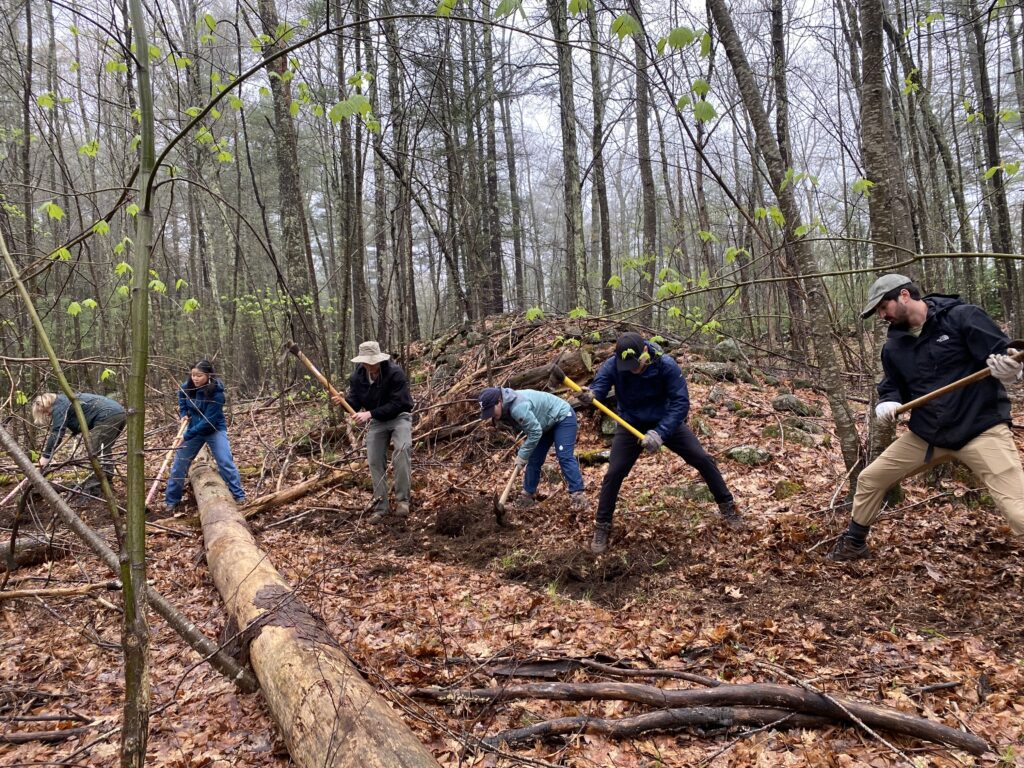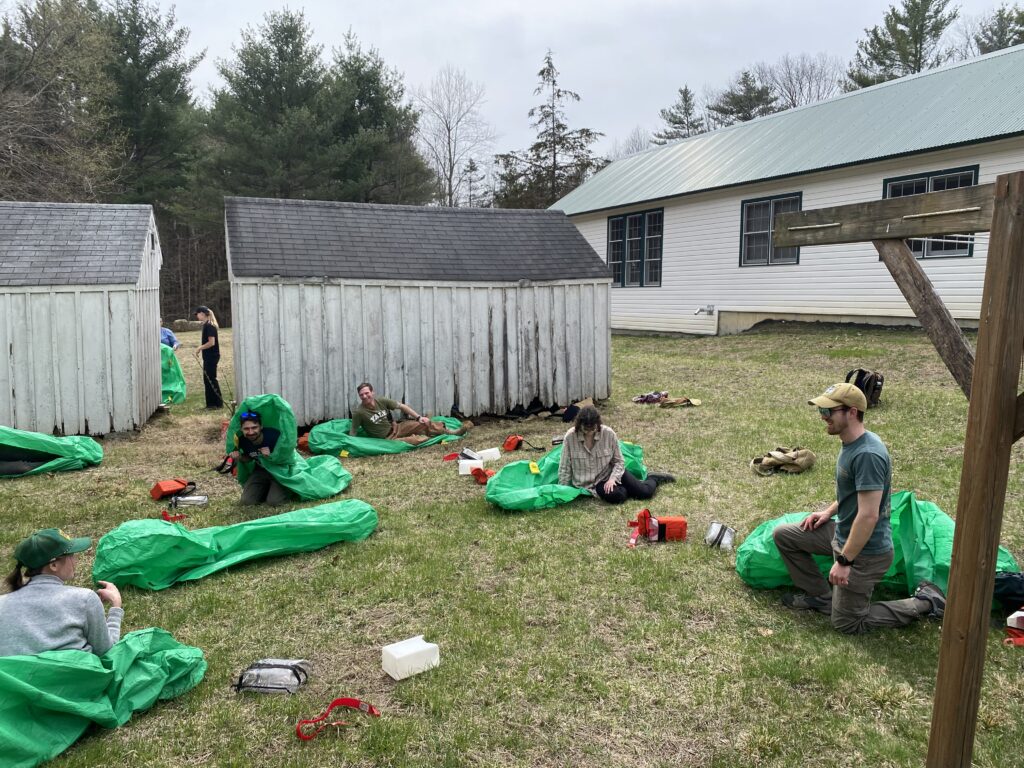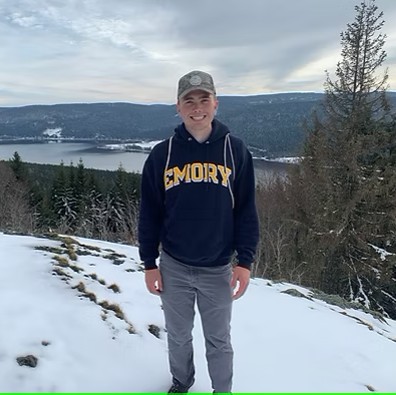When Josie Valette and I took over as co-managers of the Fire Student Interest Group (SIG) last spring, we agreed on a goal: squeeze every drop out of the unique leadership opportunity we possibly could. The potential for educational and professional programming was limitless, and we wanted to make the most of it. So when a proposal to offer the S130/190 L180 basic wildland firefighter training crept onto our radar, we leapt at it. The certification embodied everything we hoped the SIG to be. It would provide applicable land management skill development accompanied by a nationally recognized certification that helps pave broad educational and professional pathways for students. Knowing I aimed to practice forestry in dry forest systems in the West after graduation, I was motivated to earn the certification myself to concretely bolster my imminent job applications. In gauging participant interest, we found that many students concurred. So, we connected with Tall Timbers Research Station–host of the online course structure–raised funds with the generous support of Ucross, The Forest School, and other Yale School of the Environment (YSE) programs and student groups, and opened the course for 33 masters and Ph.D. students at YSE and adjacent programs.

As the semester progressed, I watched as my peers enrolled in the training began to engage with YSE content differently. They approached a Western fire seminar through a more holistic lens, exploring the synergy between ecological and operational considerations in wildland fire. We connected over discussions about increasing climate-driven risk following an abnormally dry and wildfire-ridden fall across much of the Northeast. And we tangibly expanded our post-grad career prospects, enthusiastically applying to positions in the fire space that previously felt inaccessible to many of us. The training course joyfully culminated in a requisite field day at Yale-Myers Forest, expertly led by our own Josie Valette. Here we cut a hair’s breadth into the life of a wildland firefighter. Our sweat-lined smiles while digging line and reverently held breath huddled in protective fire shelters (generously provided by the Connecticut Department of Energy and Environmental Protection) reflected our enjoyment of the challenge and immense respect for the occupation. In these ways and countless more were our 33 respective experiences at YSE enriched by Tall Timbers’ basic wildland firefighter training course.
My first post-grad role includes wildland firefighting and fuels reduction as a forest management technician with a state forestry agency. Tall Timbers’ S130/190 L180 training course, made possible by the generosity of The Forest School’s Champion Fund, the Forestry Learning Community, Ucross High Plains Stewardship Initiative, YSE’s Ecosystem Management and Conservation Learning Community, and Yale Forests, created opportunities like mine. It empowered us as impending graduates to enter the fire realm and enhanced our academic journey there. Josie, all enrolled students, and I would like to extend a deep thank-you to students, staff, faculty, and partner organizations that made this training possible. Its positive impact will resonate with our cohort throughout our careers and, hopefully, with generations of students to come.


Nate McMullen | Nate graduated from Emory University majoring in Environmental Sciences and minoring in English. He graduated with a Master’s Degree in Forestry from the Yale School of the Environment. Growing up in the small town of Payson, Arizona instilled Nate with a love of the outdoors from a young age, and he was excited to direct those passions into an internship in the green field. In his free time, Nate enjoys hiking, reading, and playing sports.
